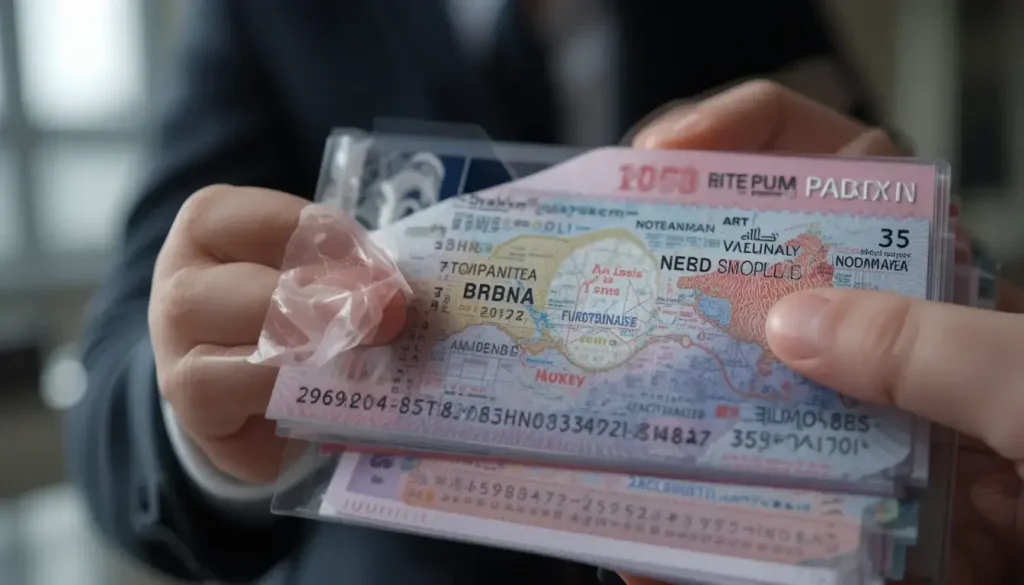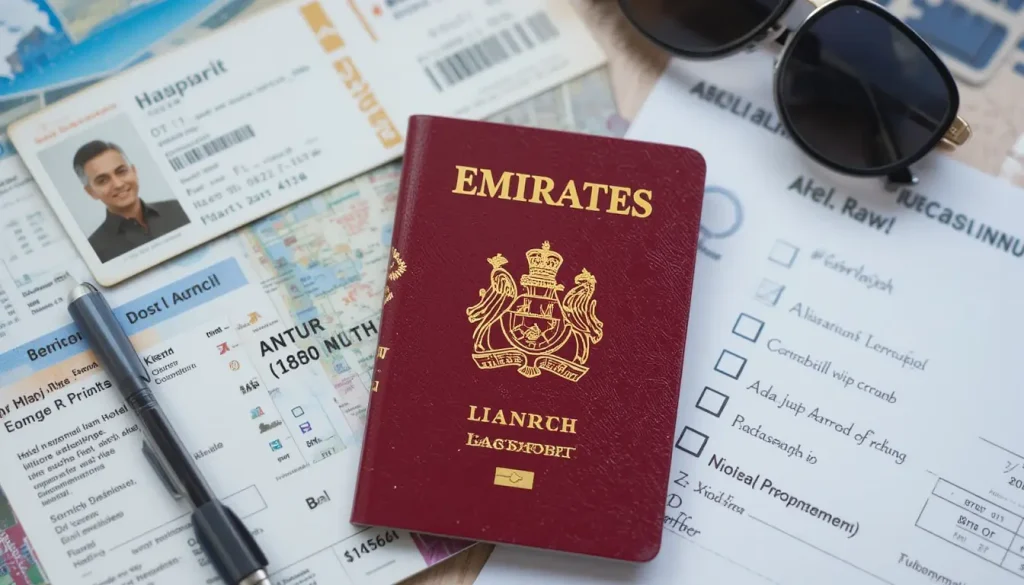When it comes to working abroad, Lithuania has emerged as a prime destination for skilled professionals seeking new opportunities. With its strong economy, growing demand for professionals, and a modernized work visa system, Lithuania is becoming an attractive choice for foreign workers. Whether you're a tech professional, an engineer, or someone from a high-demand profession, understanding the Lithuania Work Visa process is essential. In this detailed guide, we'll cover everything you need to know about obtaining a Lithuania Work Visa in 2025, including eligibility, application procedures, costs, and much more.
What Is the Lithuania Work Visa?
The Lithuania Work Visa allows foreign nationals to legally work in Lithuania. If you're a foreigner planning to work in Lithuania, obtaining a work permit is generally a requirement. This process may involve obtaining a work permit and a national long-term visa or a temporary residence permit. In this section, we’ll break down the requirements and the steps you need to take to secure your Lithuania Work Visa.
Types of Lithuania Work Visas in 2025
Before diving into the application process, it’s important to understand the different types of work visas available in Lithuania. Depending on your profession, skills, and the type of work you plan to do, there are several visa categories to consider:
- Lithuanian Skilled Worker Visa: For professionals with qualifications matching the critical skills list.
- Seasonal Work Visa: For temporary employment in sectors like agriculture, tourism, or hospitality.
- Blue Card: Available for highly skilled professionals from non-EU countries.
- Startup Visa: For entrepreneurs planning to establish a business in Lithuania.
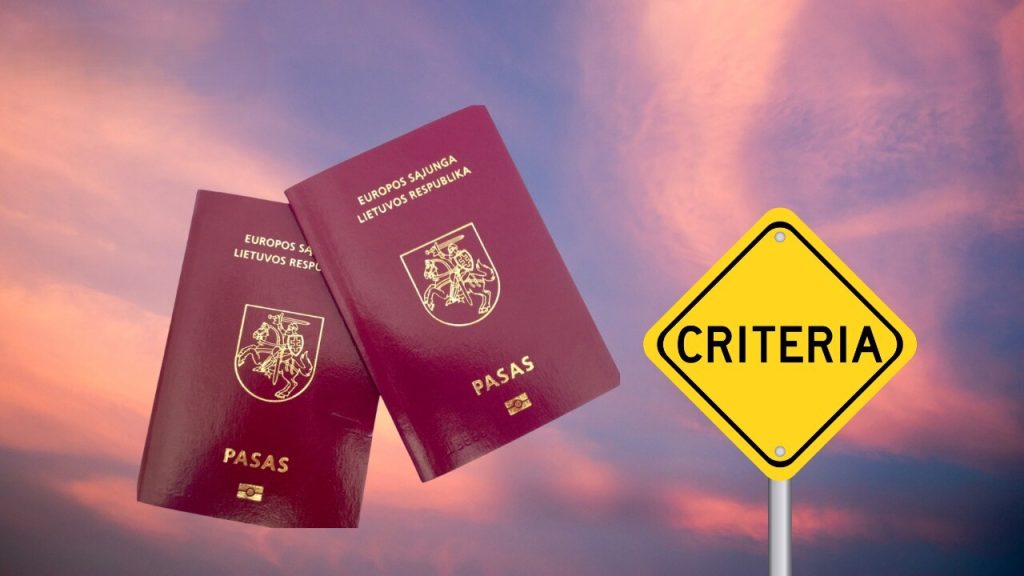
Eligibility Criteria for the Lithuania Work Visa
To qualify for a Lithuania Work Visa, foreign nationals must meet certain criteria. These include:
- Job Offer: You must secure a job offer from a registered Lithuanian employer.
- Educational and Professional Qualifications: The job you are applying for should require specific qualifications, such as education and professional experience.
- Salary Requirements: The position must offer a salary that meets the minimum wage requirements.
- Labor Market Compliance: Your job offer must align with the needs of the Lithuanian labor market.
How to Get a Lithuania Work Permit
The process for obtaining a Lithuania Work Visa can be complex, but here’s a step-by-step breakdown of what you need to do:
- Find a Job in Lithuania: The first step is to find a job offer from a Lithuanian employer who is willing to sponsor your work permit application.
- Submit Required Documents: Provide necessary documentation such as proof of qualifications, professional experience, and any other documents required by the employer.
- Employer Applies for Work Permit: Your employer will submit your work permit application to the Lithuanian Employment Service.
- Work Permit Issuance: Once approved, you will receive the work permit, which allows you to apply for a national visa or residence permit.
- Visa Application: After receiving your work permit, apply for a national visa or residence permit to begin working in Lithuania.
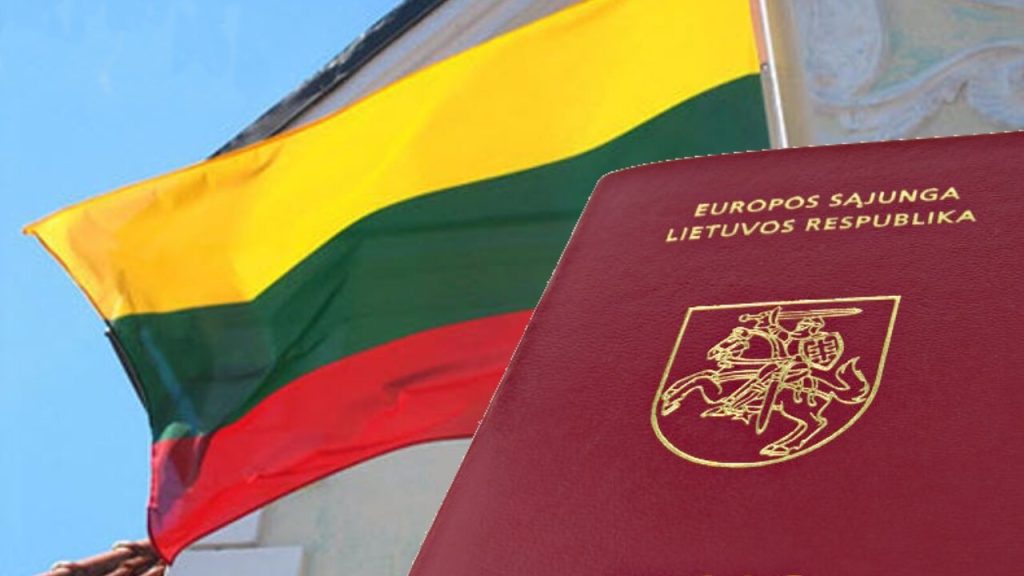
Important Points to Remember About the Lithuania Work Visa
- The Work Permit Duration: Work permits are typically issued for a period of up to one year. This allows you to apply for a national work visa (D) or a residence permit.
- Residence Permits: If your job is in high demand and you meet the required criteria, you may apply for a residence permit. However, you must obtain this permit before starting your job.
- Work Visa for Blue Card Holders: If you're applying for a Blue Card, you don’t need approval regarding the compatibility of your job with the Lithuanian labor market.
- The Quota System: Lithuania has set quotas for certain professions, with around 40,250 quotas available in 2024. If the quota is filled, you must apply for a work permit or compliance decision through the Employment Service.
Who Needs a Lithuania Work Visa?
Not all foreigners need a work permit to work in Lithuania. The following groups of people are exempt from the requirement:
- EU/EFTA Nationals: Citizens of European Union (EU) or European Free Trade Association (EFTA) countries do not need a work visa.
- Family Members of Lithuanian Citizens: Foreign nationals who are family members of Lithuanian citizens do not need a work permit.
- Trainees and Interns: Those working as trainees or interns in Lithuania may be exempt from obtaining a work permit.
- High-Demand Professions: Some foreign nationals working in high-demand occupations may not need a work permit.
Required Qualifications for Foreign Workers
Foreign workers applying for a Lithuania Work Visa must meet the following qualifications:
- Relevant Qualifications: Applicants must have qualifications relevant to the work they intend to do.
- Work Experience: Typically, at least one year of relevant work experience in the past three years is required.
- Salary Requirements: Applicants should expect to be paid at least the minimum wage according to the Lithuanian labor market standards.
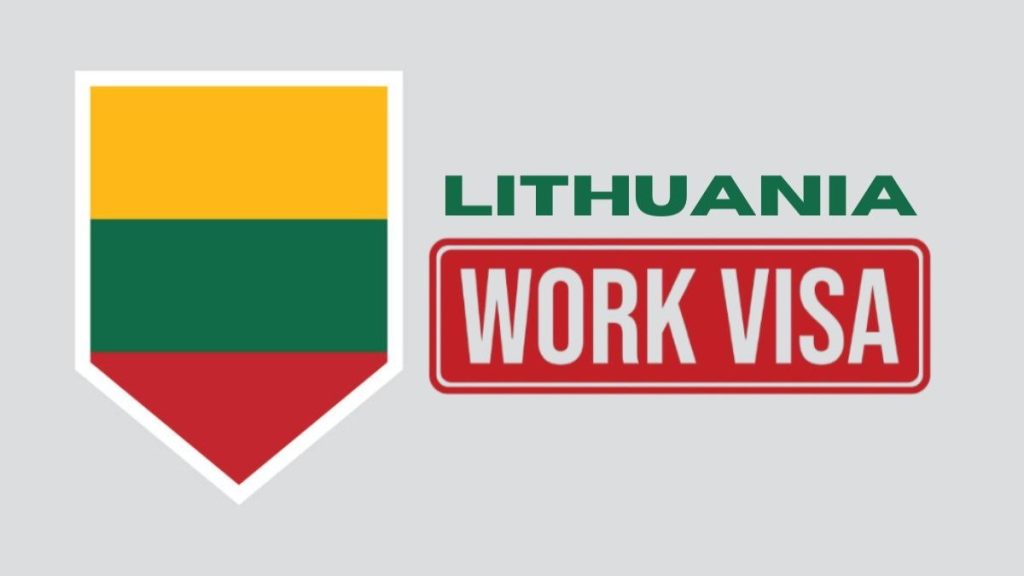
Lithuania Work Visa Costs
The cost of applying for a work permit in Lithuania depends on several factors, such as the type of work permit and whether it’s a renewal or a new application. Here’s a breakdown of the costs:
| Type of Application | Fee (€) |
| Issuance of a Work Permit (up to 1 year) | €121 |
| Work Permit Renewal | €52 |
| Issuance of a Duplicate Work Permit | €8.60 |
| Compliance Decision | €28 |
It’s essential to note that the employer typically pays these fees, so if you're asked to cover them yourself, be cautious.
FAQ Section: Lithuania Work Visa
- Can I bring my family with me on a Lithuania Work Visa? Yes, Lithuania allows workers to bring their family members, including spouses and dependent children. The family must meet certain requirements such as proving sufficient income, accommodation, and health insurance.
- How long does it take to get a Lithuania Work Visa? Processing times for the work visa may vary depending on the type of visa and the complexity of your application. It typically takes a few weeks to a few months.
- Do I need a Lithuania Work Visa if I am a freelancer? Freelancers must apply for a work permit if they wish to work in Lithuania. However, freelancers can apply for the appropriate visa based on their profession.
- What professions are in demand in Lithuania in 2025? Some of the top sectors in demand include Information Technology (IT), healthcare, engineering, and education.
Why Choose Lithuania for Work Opportunities in 2025?
Lithuania’s work visa policies in 2025 have been streamlined, offering simplified procedures, fast-track processing for skilled workers, and family reunification options. With competitive salaries, a favorable tax system, and strong job opportunities, Lithuania is an attractive option for professionals looking to advance their careers. Whether you're applying for a skilled worker visa, a seasonal work visa, or a Blue Card, the Lithuania Work Visa opens doors to exciting career prospects in a thriving economy.
By following the steps outlined above and ensuring that you meet the necessary qualifications, you can begin your journey toward working in Lithuania in 2025!


